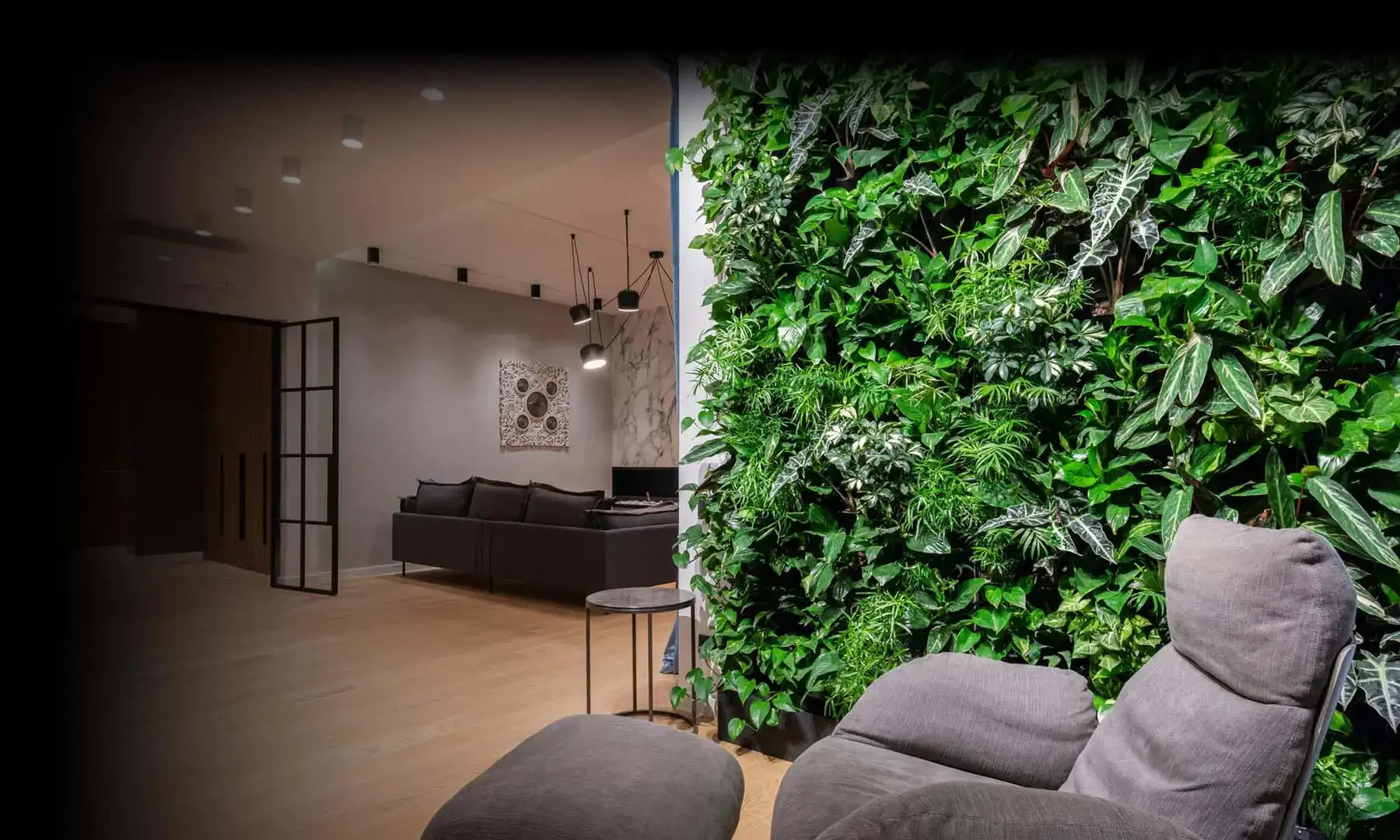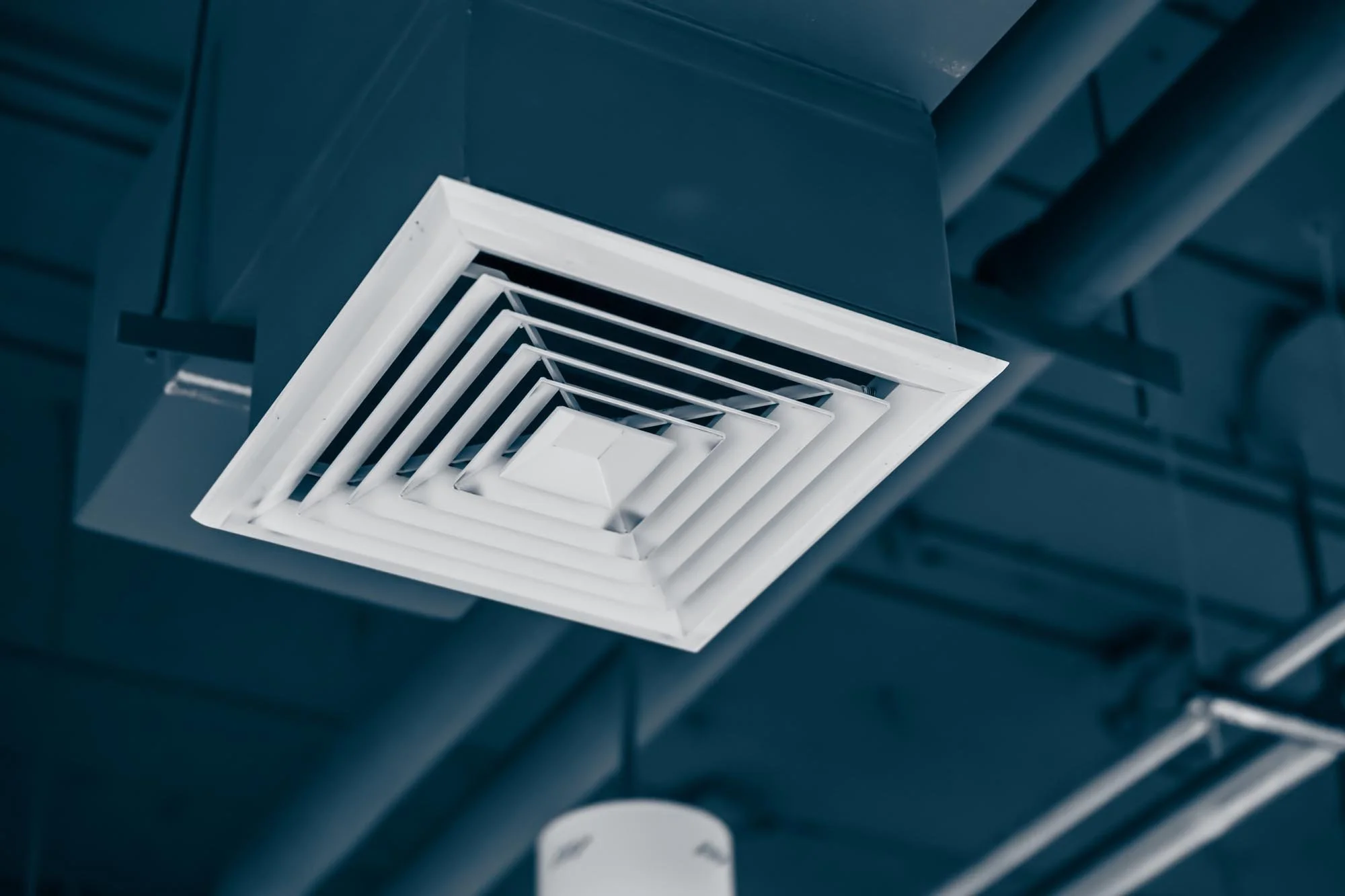
INDOOR AIR QUALITY SOLUTIONS FOR ST. LOUIS PROPERTIES
Why Indoor Air Quality Matters
The EPA has found that indoor air is often 2 to 5 times more polluted than the air outside. This is usually caused by a buildup of dust, chemical vapors from cleaning products or furniture, and mold spores.
Poor indoor air quality can lead to serious breathing problems. Beyond the health risks, dirty air forces your HVAC system to work much harder. This extra strain leads to higher energy bills, more frequent breakdowns, and more complaints from the people inside.
Our Approach to Indoor Air
Our approach starts with evaluating how air circulates through your home, how often indoor air is exchanged with outdoor air, and how seasonal humidity affects comfort and system performance. Based on those conditions, we may recommend improved filtration to capture fine particles, humidity control to maintain healthy moisture levels, or dedicated fresh air systems to reduce indoor pollutant buildup.
Each recommendation is selected to work with your existing HVAC system and address measurable factors that affect air quality and comfort year-round, including Missouri’s temperature swings and humidity levels.
OUR INDOOR AIR QUALITY SERVICES
-

Whole-Building Air Purifiers
Advanced Air Cleaning for Apartments and Shared Spaces
We install whole-building air purification systems in St. Louis multi-family properties that use hospital-grade technologies—such as bipolar ionization and UV-C sterilization—to reduce airborne pollutants, including dust, allergens, VOCs, mold spores, and pathogens. These systems are ideal for common areas, leasing offices, and closed ventilation loops, delivering cleaner air without disrupting comfort or energy efficiency.
-

Humidity Control & Dehumidification
Protect Your Building from Moisture Damage
Indoor humidity issues are a common concern for property owners in Missouri’s changing climate. We install commercial-grade humidifiers and dehumidifiers that maintain optimal relative humidity levels (30–50%) in multi-unit buildings. This prevents mold growth, warped materials, and excess latent heat, which can impact tenant comfort and increase energy consumption. Balanced humidity also extends the life of HVAC systems and supports healthier living conditions.
-

Ventilation Enhancements
Energy-Efficient Fresh Air Solutions for Multi-Unit Buildings
Proper ventilation is essential for odor control, air freshness, and tenant health. Our HVAC contractors design and retrofit systems in accordance with ASHRAE 62.1 standards, helping St. Louis property managers meet IAQ codes and improve indoor comfort. We offer solutions such as energy recovery ventilators (ERVs), dedicated outdoor air systems (DOAS), and demand-controlled ventilation (DCV) that allow buildings to bring in filtered outdoor air while exhausting stale indoor air—with minimal energy loss.
-

Filter Upgrades & Maintenance
Commercial-Grade Filtration for Cleaner Indoor Air
High-efficiency filters are one of the most cost-effective ways to improve indoor air quality in apartment complexes and commercial buildings. We upgrade HVAC systems to use higher MERV-rated filters (MERV-13 or greater) for better removal of dust, pollen, and other particulates. Our preventive maintenance plans for St. Louis property managers include scheduled filter changes, coil cleaning, and performance checks—helping your building breathe clean all year long while reducing HVAC strain and energy costs.
FAQ
How can HVAC systems improve indoor air quality?
HVAC systems improve indoor air quality by filtering out pollutants, regulating humidity, and introducing fresh outdoor air through mechanical ventilation. In St. Louis, where seasonal changes can introduce allergens and moisture issues, these systems help maintain a balanced indoor environment year-round.
What types of air filters are best for improving indoor air quality?
High-efficiency particulate air (HEPA) filters are among the best options. They capture a large percentage of airborne particles—including dust, pollen, pet dander, and other pollutants—which is especially helpful during peak allergy seasons in the St. Louis area.
How often should I change my HVAC filters?
Most filters should be changed every 1 to 3 months, depending on system usage, indoor conditions, and the filter type. In St. Louis, where outdoor air quality can fluctuate due to pollen or humidity, more frequent changes may be necessary—especially in the spring and summer.
What role does ventilation play in indoor air quality?
Ventilation is key to replacing stale indoor air with fresh, filtered outdoor air. This helps dilute indoor pollutants, reduce moisture buildup, and improve overall air circulation—essential in densely occupied buildings or properties with limited natural airflow.
Can humidity levels affect indoor air quality?
Absolutely. High humidity can encourage mold and mildew growth, while low humidity can cause dry skin, respiratory irritation, and static electricity. With St. Louis experiencing both humid summers and dry winters, maintaining balanced indoor humidity is critical for healthy air.
What are some signs of poor indoor air quality?
Common indicators include musty or persistent odors, visible mold, excessive dust buildup, and frequent allergy-like symptoms among residents. In buildings around St. Louis, older HVAC systems or inadequate ventilation often contribute to these issues.
How can an HVAC professional assess my indoor air quality?
An HVAC expert can perform an IAQ assessment by testing indoor air, checking for pollutants, evaluating humidity levels, and inspecting your ventilation and filtration systems. Based in St. Louis, Imperium Heating & Cooling provides targeted solutions tailored to local building conditions and air quality concerns.
Are air purifiers worth the investment in improving IAQ?
Yes—especially in homes or buildings affected by allergies, smoke, or nearby traffic. Air purifiers with HEPA filters or activated carbon can significantly reduce airborne irritants and odors, offering an added layer of protection alongside your HVAC system.
Can new HVAC systems contribute to better indoor air quality?
Yes. Modern HVAC systems include advanced features like variable-speed airflow, smart humidity controls, and upgraded filtration—making them far more effective at managing air quality. In older St. Louis buildings, upgrading your system can be a smart move for health and efficiency.
